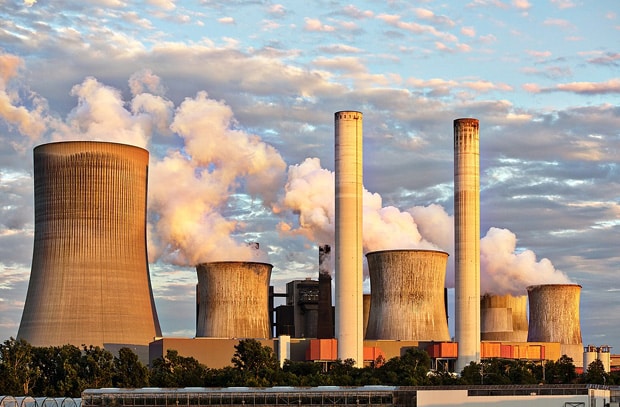Australia’s decision to scrap a Clean Energy Target comes as companies worldwide walk away from the coal power industry in droves.
Since 2010, coal companies in 23 nations and states have divested US$432 billion dollars of capital from the industry.
That’s the finding of a new Greenpeace Australia report, which shows over a quarter of the 1,675 coal power companies operating since 2010 have left the sector entirely.
For those left, plans for developing additional capacity have declined even further. Seventy per cent (1,141) of remaining companies have no active plans for new power capacity.
NEG ramps up support for coal power
It comes as Australia introduces its National Energy Guarantee (NEG), which locks in coal and gas generation to 2030. Under the NEG, coal and gas would provide 64 to 72 per cent of Australia’s electricity by 2030.

Coal and gas will account for 76.5 per cent by 2020, which the government says is on track to achieve targets set out under the current CET.
The NEG also strips subsidies from renewable energy projects like commercial solar power and wind energy.
Touted as ending the climate wars, the NEG has been slammed by state governments, the Federal Opposition and environmental groups.
Environment Victoria CEO Mark Wakeham condemned the plan:
“The Prime Minister has rejected a Clean Energy Target in favour of a Coal Energy Target.”
He said Australia had joined the USA in redirecting support for renewables to coal power.
“We urge state governments and other political parties to reject the Coalition’s ill-conceived plan for polluters.”
Reasons for the coal power exodus
Since 2014, six countries, cities and provinces globally have gone coal-free. An additional 17 have announced a coal power phase-out date of 2030 or sooner.
Indonesia, the third-largest builder of new coal power after India and China, says it will cease adding new coal to the grid.
The report found improving the competitiveness of low-cost solar energy and poor economics of coal contributed to the shift away from coal power since 2010.
“Air pollution problems and efforts to tackle climate change have all played a key role in accelerating the demise of coal,” said the report’s co-author Christine Shearer.













































